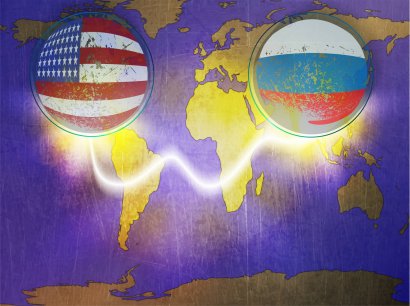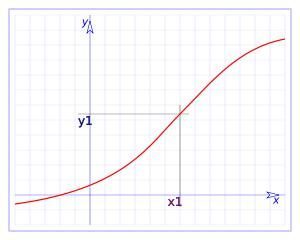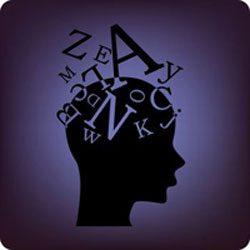 After World War II, two great hegemonic nations emerged, the United States and the USSR. Its power went beyond its natural borders and, in fact, the world was divided into two blocs, the communist and the capitalist. In this sense, until the disappearance of the USSR the world order was understood in a bipolar way. In recent decades, a multipolar world has been used to describe the world order.
After World War II, two great hegemonic nations emerged, the United States and the USSR. Its power went beyond its natural borders and, in fact, the world was divided into two blocs, the communist and the capitalist. In this sense, until the disappearance of the USSR the world order was understood in a bipolar way. In recent decades, a multipolar world has been used to describe the world order.
Characteristics of the bipolar world
When the United States and the USSR led international politics, the world was divided into two clearly differentiated blocs. There were two antagonistic ideologies, the democratic system of the western countries led by the United States versus the communist one-party model that the USSR imposed throughout eastern Europe.
From an economic point of view, the United States and its allied countries promoted a capitalist model based on the free market and the Soviet bloc maintained a planned economy based on state intervention.
From a military perspective, the United States promoted NATO and the USSR the Warsaw Pact. For several decades the USSR and the United States maintained a tense cold war and, in parallel, a rivalry in the conquest of space that has gone down in history as the space race.
In the 21st century, the balance of forces is much more complex and that is why we speak of a multipolar world
With the disintegration of the USSR, it initially seemed that the world would have a single superpower, the United States. This country is undoubtedly a leader in the world order, but in recent decades it has lost a significant part of its hegemony in the international order and for this reason political scientists speak of a multipolar world.
To understand the new world order, it must be taken into account that there are several nations and institutions that make up power blocs. China, the European Union, the BRICS countries and the OAS are some of the new players in international politics.
Apart from these nations, institutions or blocs, we must not forget that there are other centers of power: lobbies, multinationals, NGOs, social movements or networked communities. On the other hand, multipolarity has to be associated with the phenomenon of globalization.
In short, multipolarity must be understood as a phenomenon in a permanent process of transformation
 In this sense, BREXIT has weakened the European Union, Islamic terrorism is a threat to the West, and Russia is emerging as a new power.
In this sense, BREXIT has weakened the European Union, Islamic terrorism is a threat to the West, and Russia is emerging as a new power.
Analysts and geopolitical experts say that in the coming years China will be the first superpower, Brazil's economy will go from ninth to fourth in the international arena and countries like Mexico, Vietnam or Indonesia could develop significantly.
Photos: Fotolia - brizz666 / niroworld









